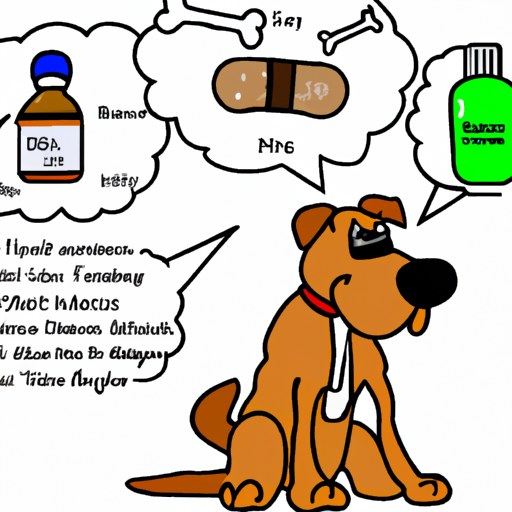Understanding Clavamox
As a caregiver, you’re always looking out for your furry friend, ensuring they’re happy and healthy. One common medication you might hear your vet mention is Clavamox. Clavamox, a blend of amoxicillin and clavulanic acid, is a broad-spectrum antibiotic used to treat various bacterial infections in dogs.
Common Uses of Clavamox
Let’s delve into what Clavamox is used for:
- Skin Infections: Clavamox is routinely prescribed for skin infections caused by wounds, abscesses, or surgery.
- Urinary Tract Infections: Clavamox helps in combating bacteria causing urinary tract infections.
- Respiratory Infections: It’s also useful in treating respiratory infections like kennel cough or pneumonia.
- Dental Infections: Clavamox can treat infections that result from dental disease.
Dosage and Administration
Clavamox comes in three forms: tablets, chewable tablets, and liquid suspension. Your vet will determine the right dosage based on your dog’s weight, age, and the severity of the infection. Here’s a table to give you a rough idea:
| Weight of Dog | Dosage |
|---|---|
| Less than 15 lbs | 62.5 mg |
| 15-25 lbs | 125 mg |
| 25-45 lbs | 250 mg |
| Over 45 lbs | 375 mg |
Remember, always follow your vet’s instructions when administering medication.
Potential Side Effects and Interactions
Like all medications, Clavamox may have side effects. Common ones include:
- Vomiting
- Diarrhea
- Loss of appetite
If your dog is taking other medications, inform your vet as Clavamox may interact with them.
FAQ
Q: Is Clavamox safe for all dogs?
A: While generally safe, dogs with a history of allergic reactions to penicillin or cephalosporins should avoid Clavamox.
Q: How quickly does Clavamox work?
A: You should see improvements within a few days, but always complete the full course of medication.
Q: Can Clavamox be given with food?
A: Yes, it’s often recommended to give Clavamox with food to avoid stomach upset.
As a devoted caregiver, you’re in a prime position to ensure your four-legged friend gets the best care possible. Understanding the medications your vet prescribes is a crucial part of that care.



